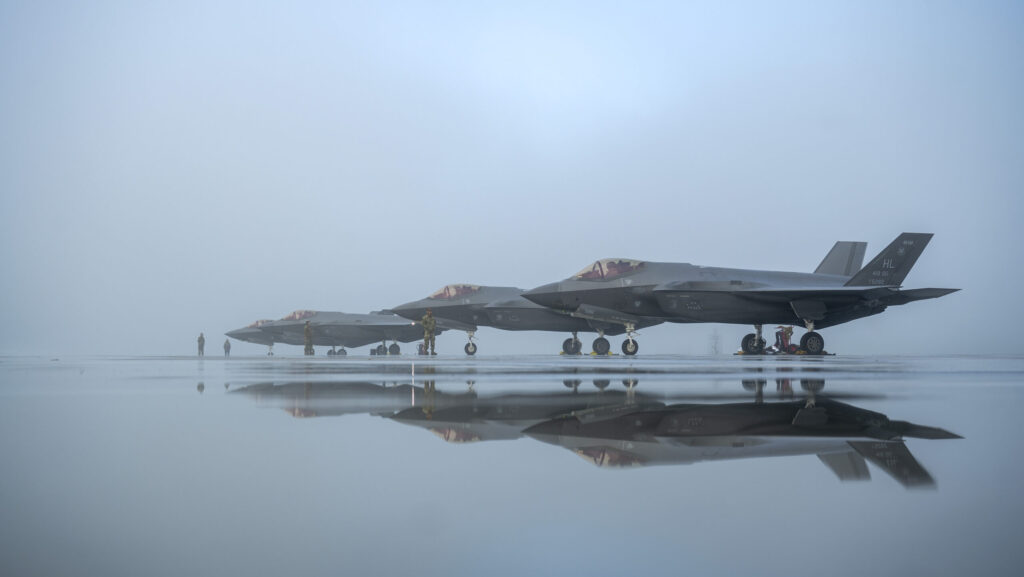INDUSTRY PERSPECTIVE: The Intersection of X-Shoring, IP and National Security
iStock illustration
For electronics manufacturers, change often represents the only constant. Ongoing disruptions to supply chains due to global geopolitical and trade tensions have been at the forefront of that changing macro environment for several years now.
The reshoring/nearshoring — collectively known as x-shoring — trend has proven effective at diversifying and strengthening supply chains while protecting intellectual property and national security.
It is, however, challenging to navigate x-shoring in an unpredictable global environment. As original equipment manufacturers — notably tech companies — look to move their operations to North America, concerns over intellectual property protection and national security should be carefully considered.
Amid market uncertainties, the electronics industry is strategically embracing supply chain and manufacturing diversification as a key operational strategy. This approach serves as a safeguard against escalating trade tensions, political instability and military conflicts.
Electronics companies are actively expanding their network of suppliers, sourcing locations and manufacturing sites through x-shoring. This proactive measure aims to strengthen resilience against potential disruptions.
More than 90 percent of manufacturing companies in North America have relocated some of their production or supply chains in the last five years, according to a September Boston Consulting Group report, “Harnessing the Tectonic Shifts in Global Manufacturing.”
Among them, half reported moving more than 20 percent of their manufacturing and supply chain spending. Additionally, due to ongoing geopolitical uncertainties and high U.S. tariffs, more than 90 percent of respondents expressed intentions to make similar moves in the next five years.
By broadening their supplier base and dispersing manufacturing operations, these companies can effectively minimize risks associated with offshoring to countries where political unrest and geopolitical tensions may lead to disruptions.
Collaborating with a North American supplier can help alleviate these negative impacts. By partnering with a manufacturer equipped with a robust strategic sourcing team and well-established partnerships, businesses may gain access to parts that might otherwise be challenging to find. This is especially vital for safeguarding national security and having access to essential components for defense-related projects in electronics manufacturing.
Choosing nearshoring — especially in countries like Mexico with robust intellectual property laws akin to those in the United States — can be a smart move for electronics manufacturers looking to enhance IP protection. This approach helps minimize potential risks associated with offshore manufacturing such as theft or unauthorized replication.
When companies opt for nearshoring in nations with strong IP laws, they actively work to reduce the risk of their proprietary information being misused. These countries provide a secure environment for manufacturers to diversify their supply chains (x-shore) while innovation and technologies are shielded from unauthorized use or replication.
Balancing the desire to diversify supply chains with the need for intellectual property protection can be challenging. The ongoing trade and political tensions between the United States and China add complexity as electronics manufacturers weigh the pros and cons of nearshoring to North America.
Notably, China’s regulatory framework poses higher risks for intellectual property, making countries with robust legal protections a more secure choice. China remains a concern and is on the United States Trade Representative’s Priority Watch List due to perceived deficiencies in its IP regime.
Electronics manufacturers operating in the defense and aerospace sectors consider safeguarding intellectual property an imperative for protecting the national security of the United States. Compliance with International Traffic in Arms Regulations, or ITAR, is another critical driver for reshoring to North America, where working with ITAR-compliant facilities is possible.
As technological advances continue at an unprecedented pace, protecting information and innovations from falling into the hands of adversaries becomes more than a business consideration. ITAR not only applies to those more obviously sensitive sectors but also to companies working in the electronics, telecommunications and energy sectors.
In all these sectors, original equipment manufacturers are on the front lines of protecting national interests by guarding national security and maintaining the integrity of the defense industry supply chain. Amid geopolitical uncertainties, protecting the defense industry supply chain is paramount to the United States’ national interests.
As new threats and challenges continually surface, from cyberattacks to geopolitical conflicts, nearshoring creates a strategic national security advantage. Nearshoring serves as a critical safeguard, not only preserving the technological advantage of the United States but also contributing to global stability by thwarting the diversion and proliferation of crucial technology.
By manufacturing critical electronics components in North America, companies can further ensure their operations are not at risk of disruption by unexpected military conflicts or trade restrictions aimed at preventing the transfer of strategically significant innovations to adversarial nations or other bad actors around the globe.
The x-shoring trend is top-of-mind for manufacturers as they navigate an ever-changing macro environment, offering a means of establishing a more diverse and resilient supply chain. As companies, particularly those in the tech sector, contemplate the relocation of their operations to North America, concerns about safeguarding intellectual property and national security are foremost in the minds of decision makers.
In essence, the x-shoring approach encapsulates a multifaceted solution — a dynamic response to address several challenges electronics manufacturers are facing in a tumultuous world. ND
Misha Govshteyn is CEO of MacroFab, an electronics manufacturer based in Houston, Texas.
Topics: Global Defense Market





















Discussion about this post